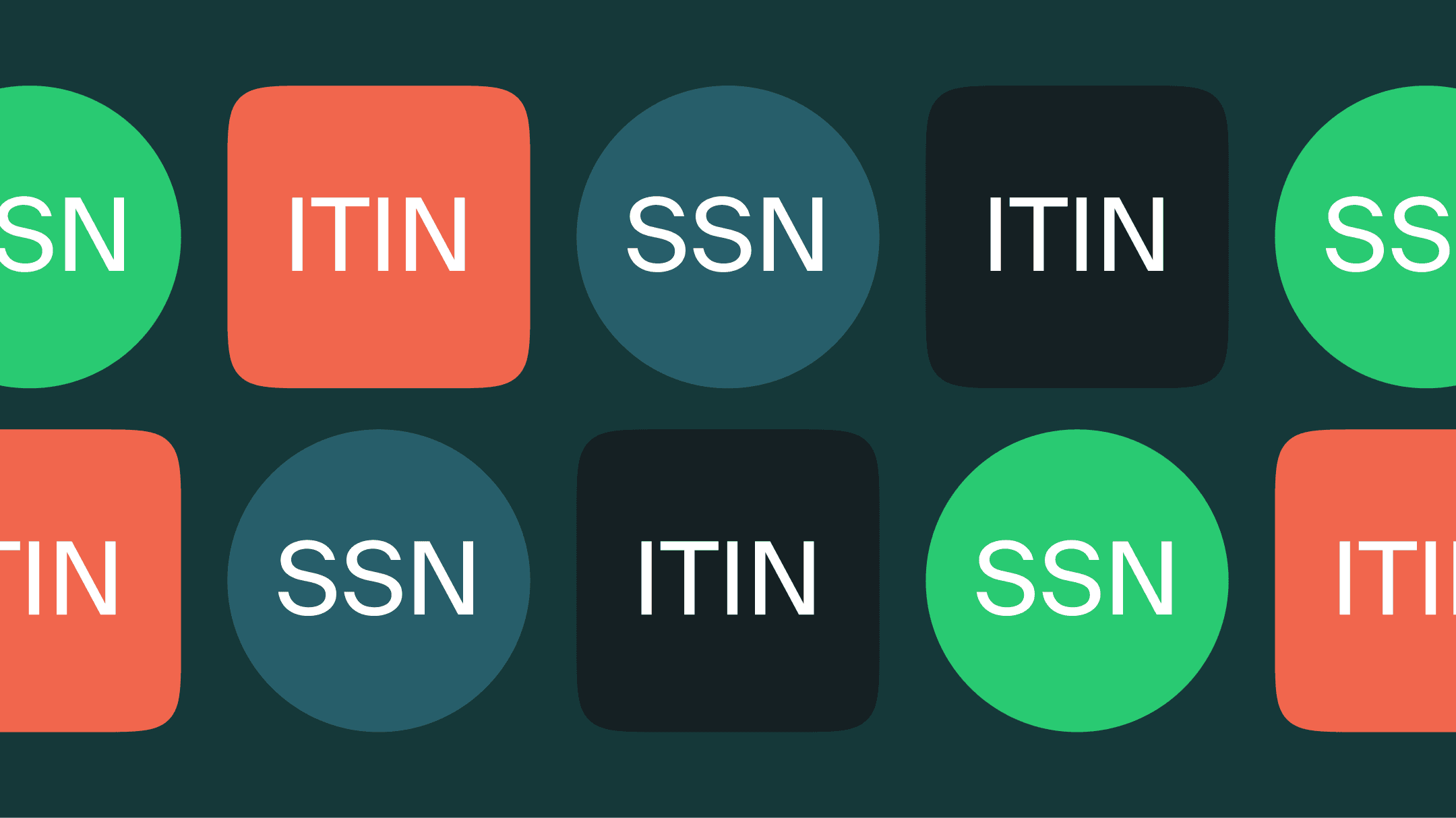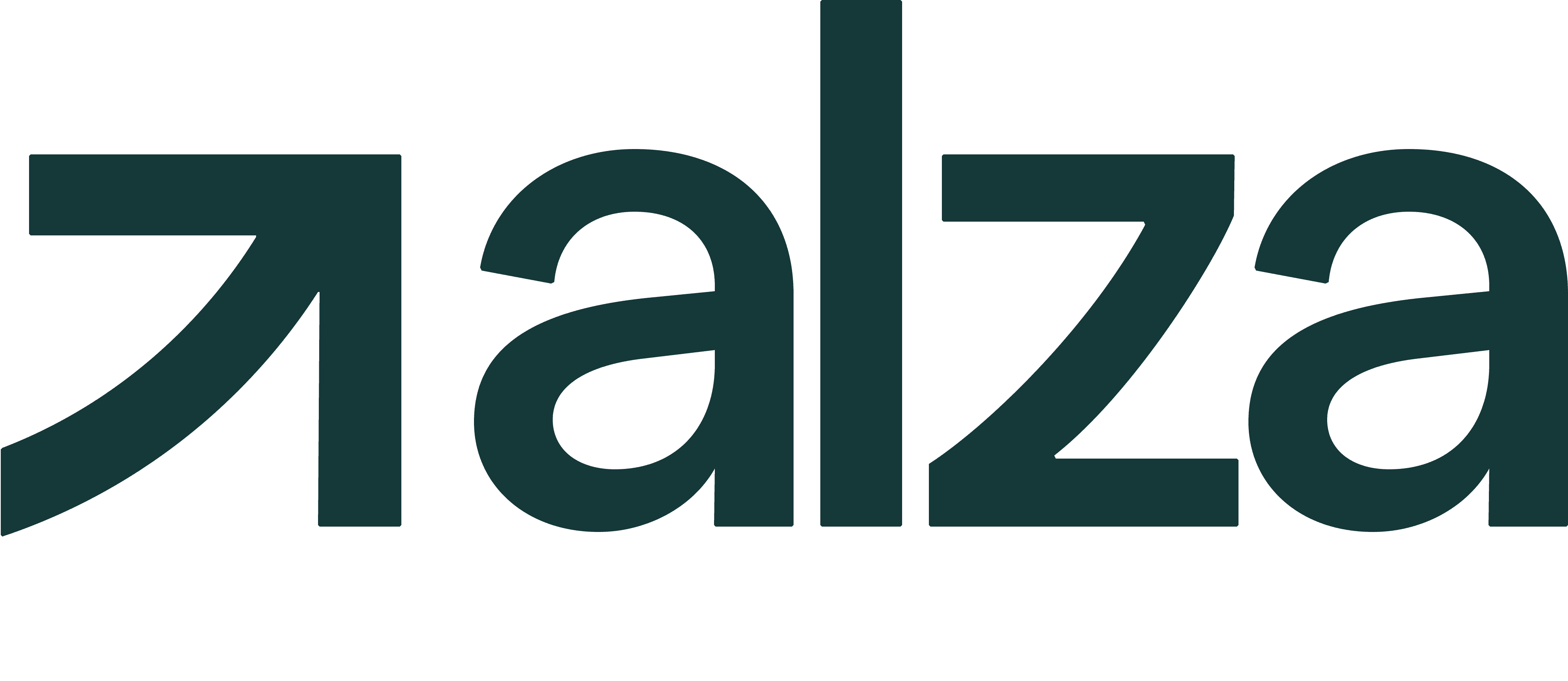Opening a US Bank Account without SSN or ITIN
7/12/23
Introduction
When it comes to financial matters, having a bank account is often a necessity. However, for individuals who do not possess a Social Security Number (SSN), a common question arises: Can you open a bank account in the United States without an SSN?
In this blog post, we'll delve into the regulations surrounding this issue and explore the options available to those without an SSN.
Understanding the Importance of a Social Security Number
The Social Security Number is a unique nine-digit identification number issued by the Social Security Administration (SSA) in the United States. It serves as a primary identification method for individuals across various domains, including taxation, employment, and financial transactions. Banks typically request an SSN as part of their Know Your Customer (KYC) requirements to verify the identity of their customers.
Challenges for Non-U.S. Citizens and Those Without an SSN
Non-U.S. citizens residing in the United States, such as foreign students or immigrants, often face hurdles when attempting to open a bank account due to their lack of an SSN. Additionally, certain individuals born in the United States may not possess an SSN for various reasons.
Traditional Banks and SSN Requirements
Most traditional banks in the United States require a valid Social Security Number as part of their account opening process. The SSN helps banks comply with anti-money laundering (AML) regulations, track customer transactions, and report interest income to the Internal Revenue Service (IRS). Consequently, opening a bank account at such institutions without an SSN can be challenging.
Alternatives for Opening a Bank Account without an SSN
While traditional banks may pose difficulties, alternative options exist for individuals without an SSN to establish a banking relationship. Here are a few alternatives worth considering:
Individual Taxpayer Identification Number (ITIN)
The IRS issues an ITIN to individuals who are not eligible for an SSN but have federal tax obligations. Some banks accept an ITIN as an alternative to an SSN for opening a bank account. However, it is crucial to check with the specific bank's policies beforehand.
Non-ChexSystems or Second-Chance Checking Accounts
Certain banks offer special accounts designed for individuals with poor banking histories or lacking an SSN. These accounts often have fewer requirements and provide basic banking services, allowing customers to establish a banking relationship.
Credit Unions
Credit unions are member-owned financial institutions that may have more flexible policies regarding SSN requirements. Some credit unions may allow individuals without an SSN to open accounts using alternative forms of identification or documentation.
Online and Digital Banks
With the rise of online banking, several digital banks have emerged, offering innovative and accessible banking solutions.
Conclusion
While opening a bank account in the United States without a Social Security Number can be challenging, alternative options are available. Non-U.S. citizens and individuals without an SSN should explore options such as obtaining an ITIN, considering non-ChexSystems or second-chance accounts, exploring credit unions, or exploring digital banking providers.
It is crucial to conduct thorough research, review bank policies, and gather the necessary documentation to increase the likelihood of successfully opening a bank account. Additionally, consulting with immigration attorneys, financial advisors, or banking professionals can provide valuable guidance tailored to individual circumstances.
Disclaimer: The information provided in this blog post is for educational purposes only and should not be construed as legal or financial advice. Individuals are advised to consult with professionals or relevant institutions to obtain accurate and up-to-date information regarding bank account opening requirements and procedures.




